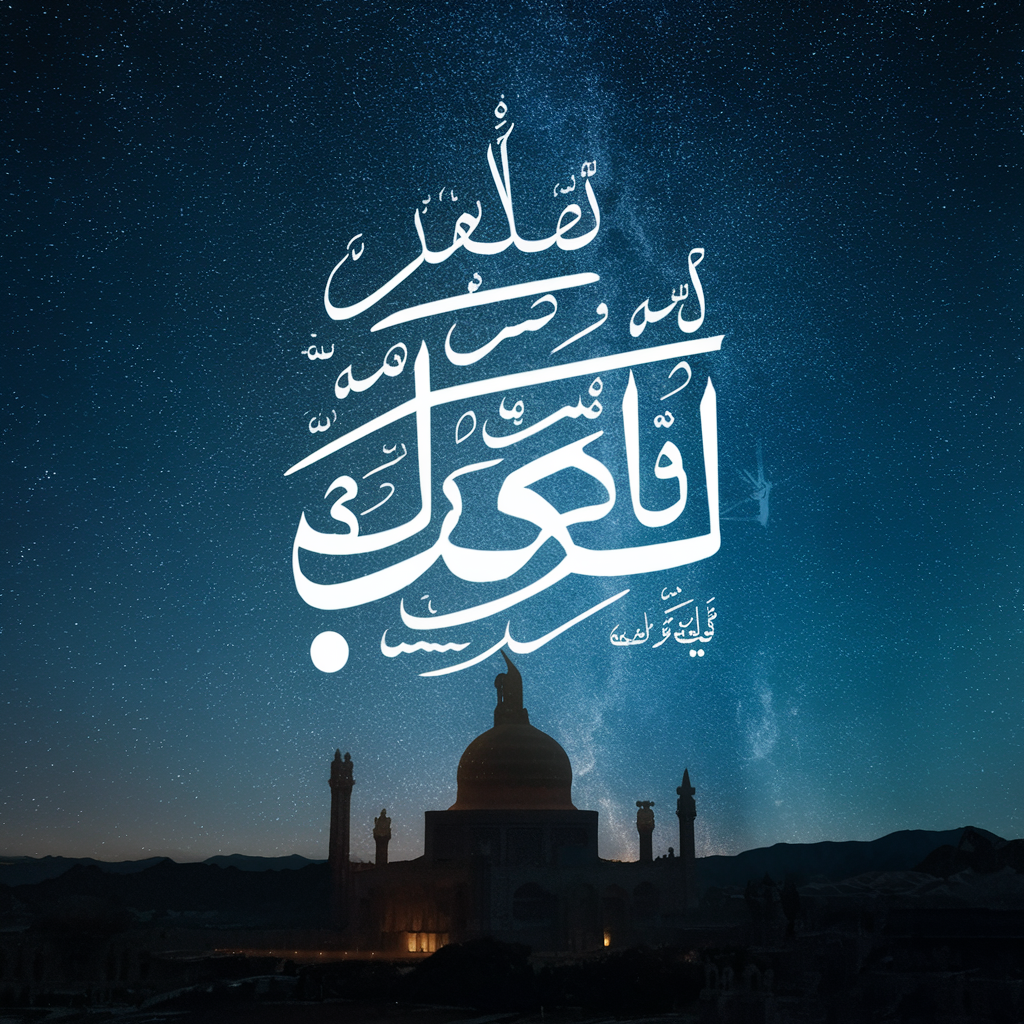The Purpose of Life According to Islam
In Islam, the purpose of life is multifaceted, encompassing worship, stewardship, moral conduct, and the pursuit of knowledge. Here is an in-depth look at these dimensions:
1. Worship (Ibadah)
Primary Purpose:
- The primary purpose of human life in Islam is to worship Allah. The Quran states, “And I did not create the jinn and mankind except to worship Me” (Quran 51:56). Worship in Islam is not limited to rituals but includes every action done in accordance with Allah’s will.
Comprehensive Worship:
- Acts of worship include the five pillars of Islam—Shahada (faith), Salah (prayer), Zakat (charity), Sawm (fasting during Ramadan), and Hajj (pilgrimage to Mecca). Additionally, any good deed performed with the intention to please Allah, such as helping others or seeking knowledge, is considered an act of worship.
2. Stewardship (Khilafah)
Vicegerency:
- Humans are considered Allah’s vicegerents (Khalifah) on Earth, entrusted with the responsibility to care for and manage the world responsibly. The Quran says, “It is He who has made you successors upon the earth” (Quran 35:39).
Environmental and Social Responsibility:
- This stewardship involves taking care of the environment, using resources wisely, and ensuring justice and equity in human relations. Muslims are encouraged to promote good and prevent evil, contributing positively to society.
3. Moral and Ethical Conduct
Adherence to Shariah:
- The purpose of life includes adhering to the moral and ethical guidelines provided by Shariah (Islamic law), which covers all aspects of life, including personal conduct, social interactions, and economic dealings.
Development of Character:
- Muslims are expected to cultivate virtues such as honesty, patience, gratitude, and compassion. The Prophet Muhammad emphasized good character, stating, “The best among you are those who have the best manners and character.”
4. Pursuit of Knowledge
Seeking Knowledge:
- Islam places great emphasis on the pursuit of knowledge. The first revelation to the Prophet Muhammad was “Read!” (Quran 96:1). Seeking knowledge is considered an obligation for every Muslim, both men and women.
Integration of Knowledge:
- The pursuit of knowledge is not only for religious purposes but also for understanding the world and improving human life. Scientific, philosophical, and practical knowledge are all valued, provided they align with Islamic principles.
5. Preparation for the Hereafter
Accountability:
- Muslims believe that life is a test, and they will be accountable to Allah in the Hereafter for their actions. The Quran states, “So whoever does an atom’s weight of good will see it, and whoever does an atom’s weight of evil will see it” (Quran 99:7-8).
Ultimate Goal:
- The ultimate goal is to attain Allah’s pleasure and paradise (Jannah). This belief in the Hereafter motivates Muslims to lead righteous lives, perform good deeds, and avoid sinful behavior.
6. Building a Just Society
Social Justice:
- Islam encourages the establishment of a just society where the rights of all individuals are respected, and everyone has the opportunity to thrive. This involves economic justice, fair treatment of individuals, and ensuring that the needy are cared for.
Community Engagement:
- Muslims are encouraged to engage in community service and work towards the betterment of society. Acts of charity and social justice are integral to fulfilling the purpose of life.
7. Personal Development and Growth
Self-Improvement:
- Islam encourages continuous personal development and self-improvement. This includes spiritual growth through worship and remembrance of Allah (dhikr), intellectual growth through learning, and physical well-being through healthy living.
Balance in Life:
- Muslims are taught to maintain a balance between the material and spiritual aspects of life. This balanced approach ensures a holistic development that aligns with the purpose of creation.
Conclusion
The purpose of life in Islam is a comprehensive concept that encompasses worship, stewardship, moral conduct, pursuit of knowledge, preparation for the Hereafter, building a just society, and personal development. This multidimensional purpose provides a framework for Muslims to live meaningful, balanced, and fulfilling lives, ultimately seeking the pleasure of Allah and success in both this world and the Hereafter.
© Copyright 2024, All Rights Reserved



Leave Your Comments